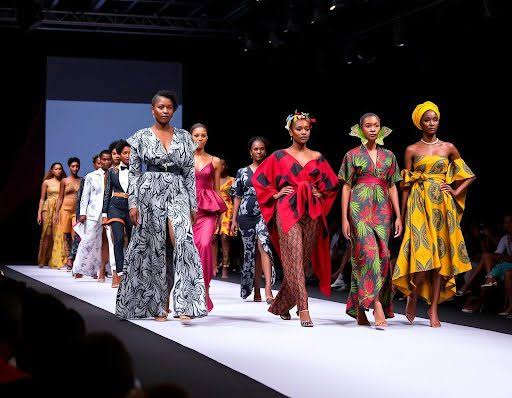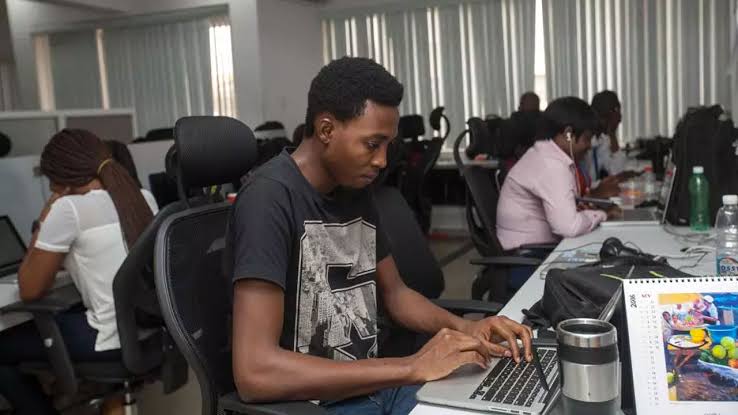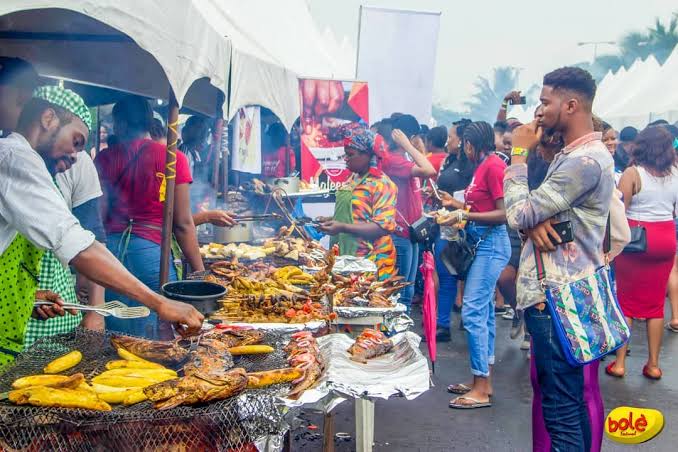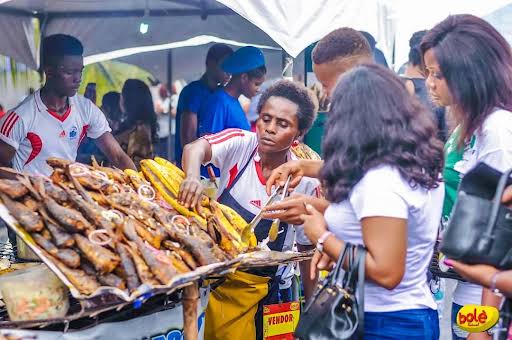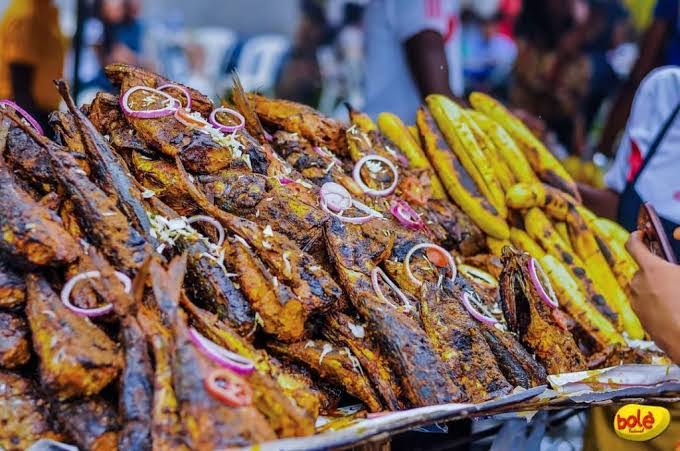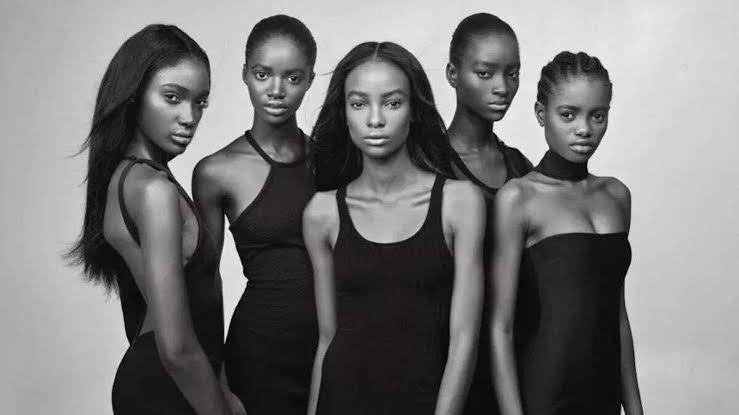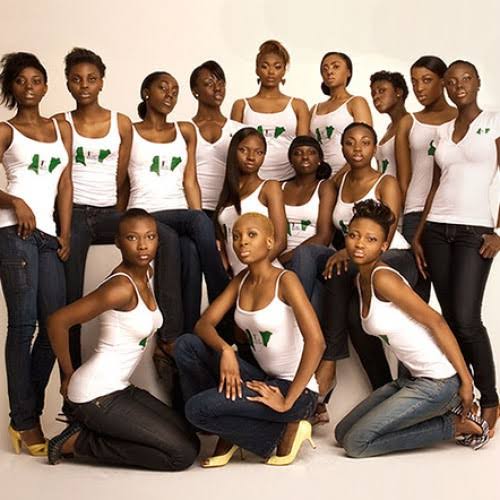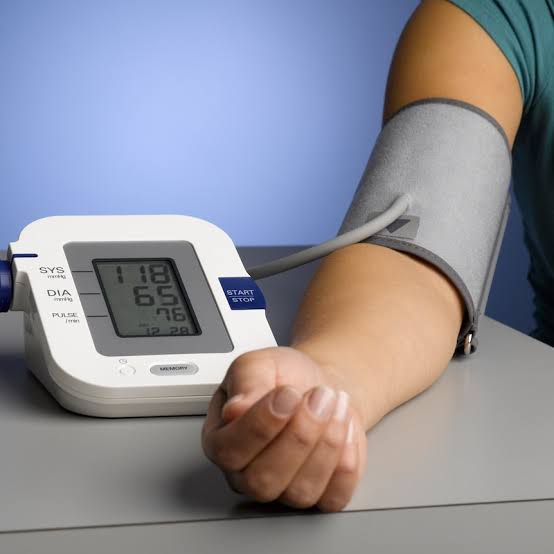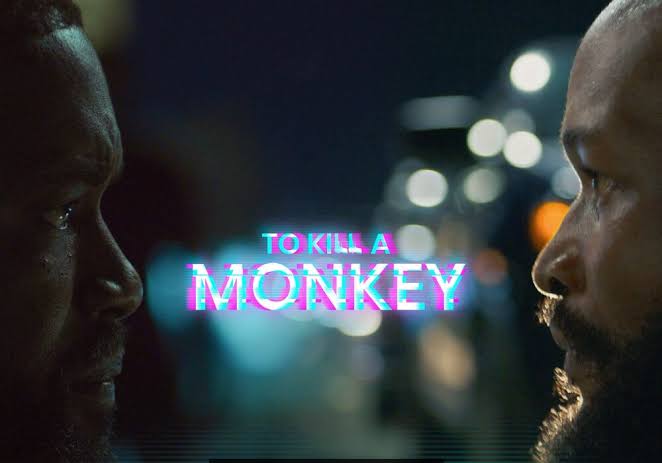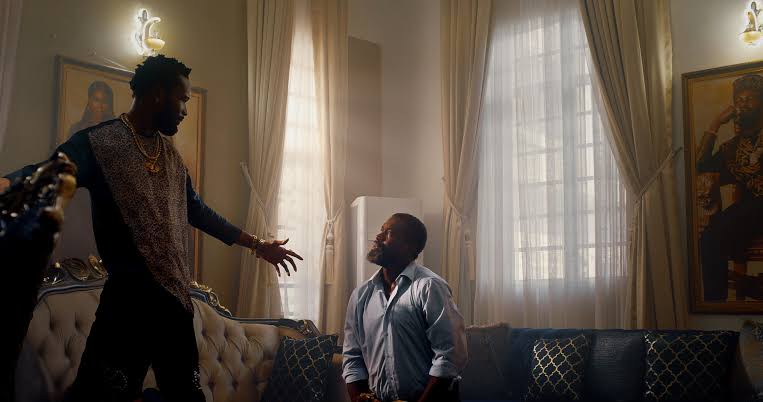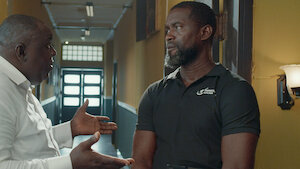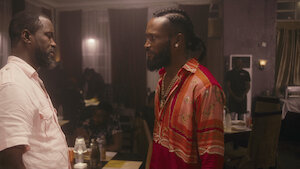In 2025, more Nigerians than ever before are searching for ‘remote jobs’ and ‘work-from-home opportunitiesand the reasons run deeper than just convenience. From economic shifts to the global digital revolution, the desire for flexible, location-independent work is shaping a new employment culture in Nigeria.
A Surge in Remote Work Searches
According to Google Trends and job boards like LinkedIn, Jobberman, and Remote OK, Nigeria has seen a steady spike in interest in remote work terms, especially among Gen Z, recent graduates, and professionals looking to switch careers. Whether it’s freelance, contract-based, or full-time remote employment, Nigerians are actively exploring work-from-home options across tech, marketing, content creation, customer service, and more.
Why Are Nigerians So Invested in Remote Jobs?
The Rising Cost of Living
From fuel prices to transportation costs, commuting to a physical office has become expensive. Working remotely eliminates daily costs like transport, food, and office wear. In a country where inflation continues to bite, saving money while earning is a big win.
Global Job Access
Remote work gives Nigerians access to global job markets. A developer in Lagos can now work for a startup in Berlin or a design agency in Toronto, earning in dollars or euros. Platforms like Upwork, Toptal, Fiverr, and Deel are making this possible.

Flexibility and Work-Life Balance
Many Nigerians, especially women, are seeking ways to juggle family and work life. Remote roles offer more control over schedules, fewer hours commuting, and the flexibility to manage both professional and personal demands.
The Rise of the Tech and Digital Economy
With the tech boom in Africa, many startups and tech companies now operate virtually. Roles in software engineering, UI/UX design, digital marketing, data entry, and customer support are increasingly remote-first.
Influence of the Pandemic and Global Shifts
COVID-19 normalized remote work globally, and many Nigerian companies were forced to adapt. While the world has largely reopened, the mindset shift remains. Even traditional firms now offer hybrid models, and young Nigerians are demanding flexibility as part of the employment package.
What Types of Remote Jobs Are Most in Demand?
- Tech Roles (Developers, DevOps, Product Managers)
- Virtual Assistants
- Content Writers & Copywriters
- Social Media Managers & Digital Marketers
- Graphic Designers & UI/UX Designers
- Online Tutors & Customer Support Reps
Where Nigerians Are Finding These Jobs
- Global platforms: Upwork, LinkedIn, Remote.co, Indeed, We Work Remotely
- Nigerian-specific sites: Jobberman, MyJobMag, and remote job groups on Twitter and Telegram
- Tech programs like AltSchool Africa, Ingressive for Good, and HNG Internship also connect participants with remote opportunities after training
Remote work isn’t just a trend—it’s becoming a lifestyle and a necessity in Nigeria. With internet access expanding and digital skills in demand, more Nigerians are discovering that they don’t need to leave home or the country to earn a global income.
The future of work in Nigeria is hybrid, borderless, and remote-ready. And for many, the search for remote jobs isn’t just about work—it’s about freedom, sustainability, and a chance to thrive on their own terms.




